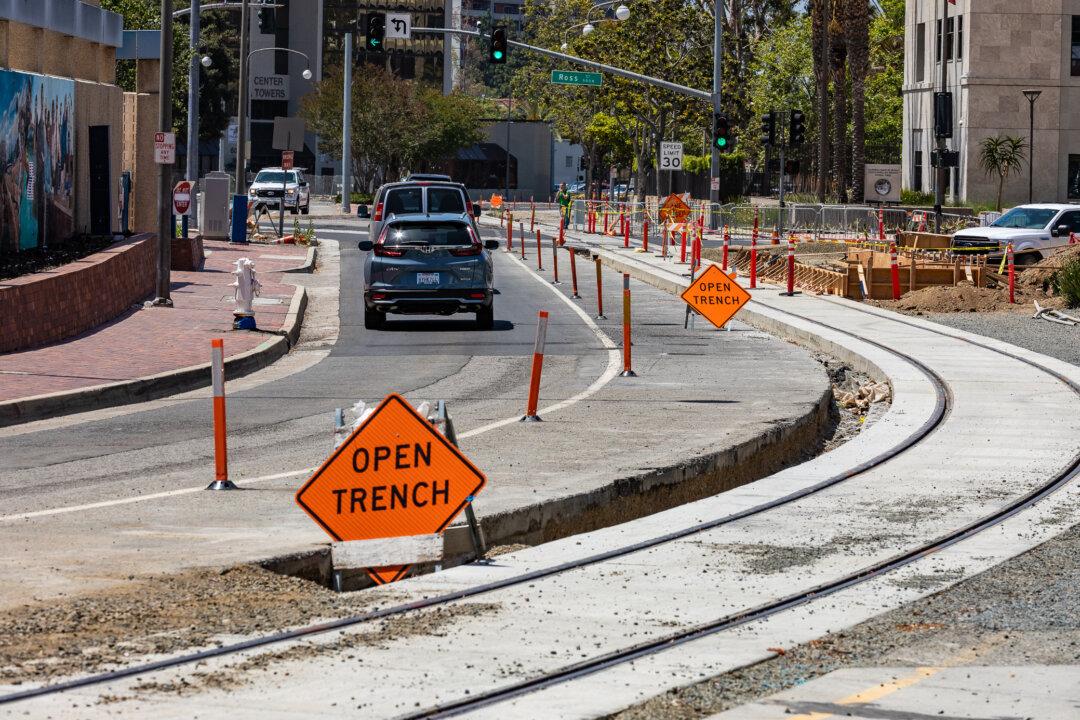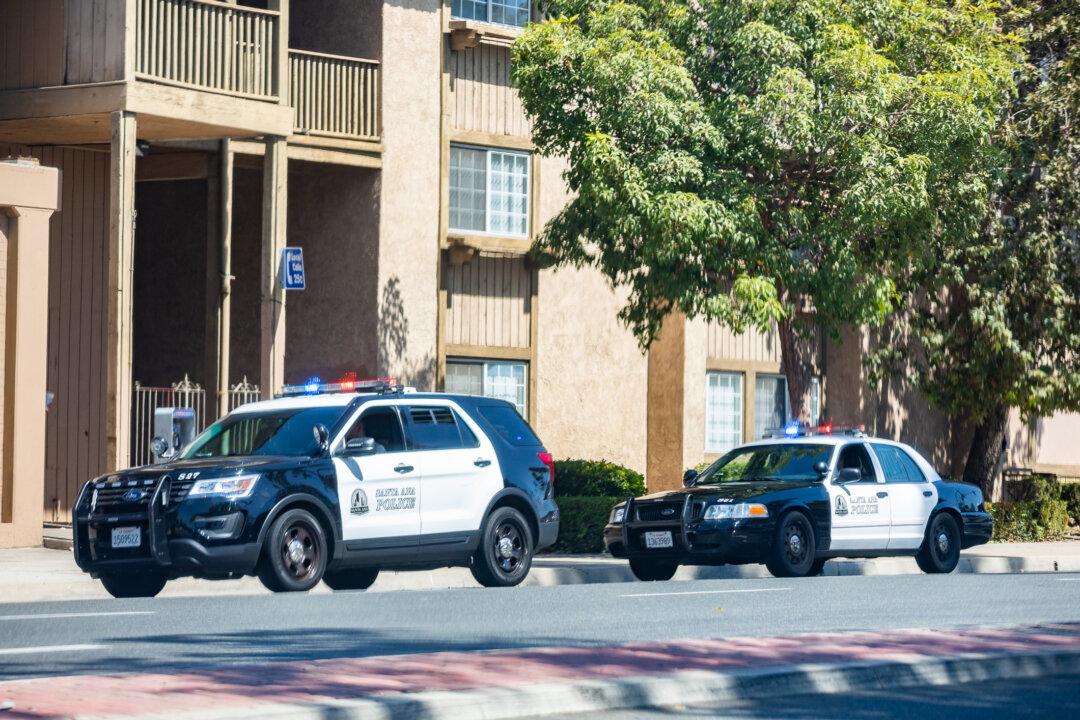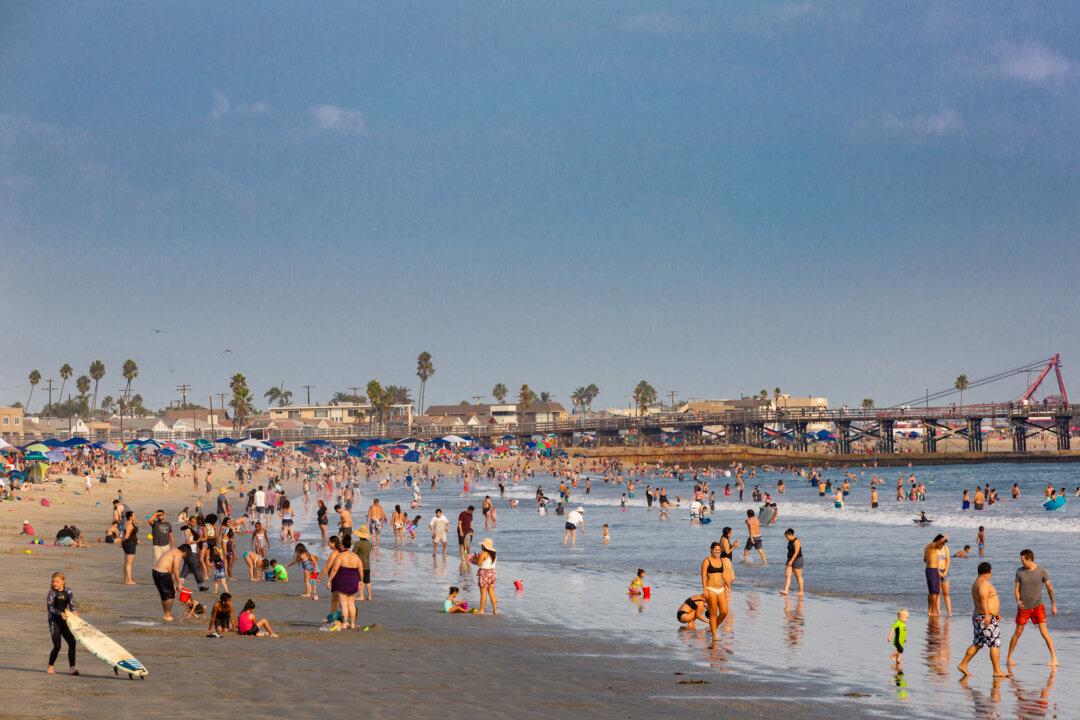ORANGE, Calif.—The Orange County Transportation Authority announced May 23 that it has been working to help attract customers to downtown Santa Ana businesses impacted by the OC Streetcar project.
The streetcar, a $509 million project, is set to become Orange County’s first modern electric streetcar, providing residents a 4-mile route from Santa Ana’s downtown to Garden Grove, with 10 stops in each direction.





